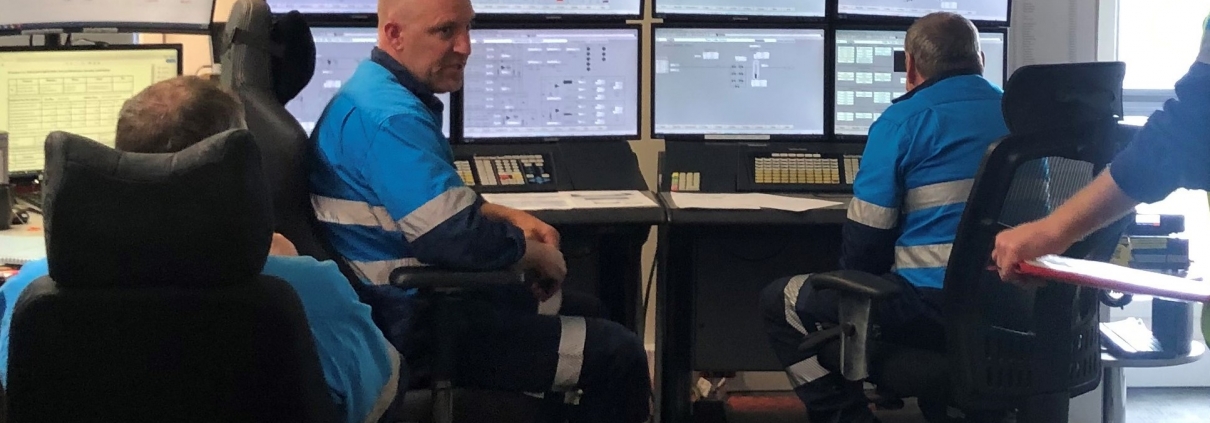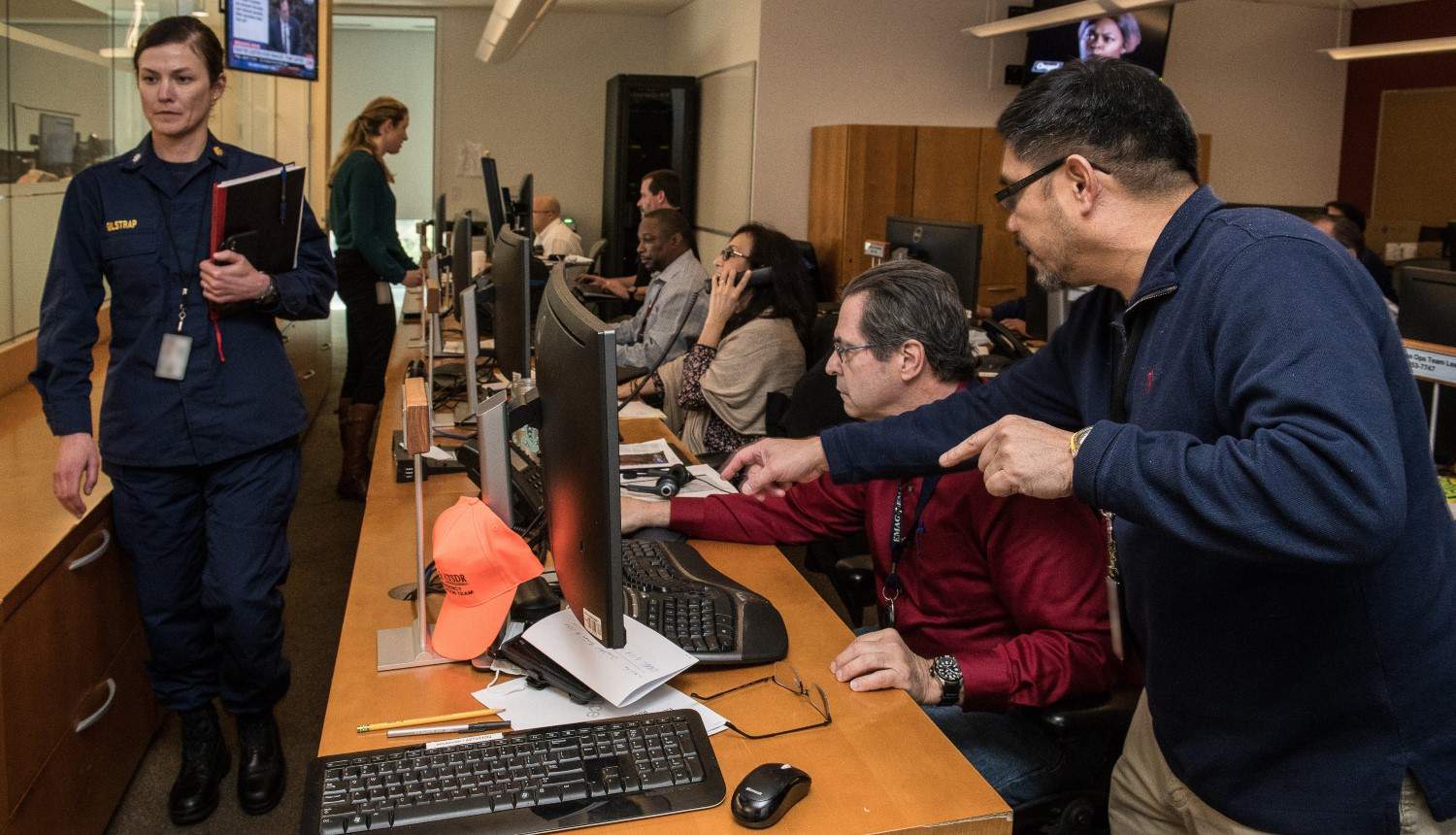Emergency Planning & the Human Factor
Nuffield Group has established a team of highly credentialed experts as part of its Integrated Emergency Management & Recovery team (IEMR). The emergency and crisis management capability adopts a holistic approach which includes risk management, emergency management planning, training, exercising and coaching of individuals and teams. This approach strengthens an organisation’s emergency management response plans, and importantly their response to an emergency.
When you think about it, it always comes down to decision making…
Every day, on average we make more than 35,000 decisions according to studies, some big, most small, some important and others not. But what about our decision-making in the time-critical, high-risk environment of emergency management and response? When you actually distill it right down, emergency response is, a decision-making exercise that is typically shrouded with uncertainty, complexity, and friction.
Every business and industry should have emergency management and response plans, that are designed to assist decision-making in the response to an emergency. In “routine”, smaller emergencies, or well-ordered situations these generally work well, however, success is dependent on the ability of those involved to make good decisions by following the plan. But what if the situation isn’t quite the same as the plan? What if it is an event that is not in the plan or the human element impacts on decision making? Or what if the event is of such an unprecedented scale, or beyond ordinary resourcing?
Research (Weick, K., and Sutcliffe, K. 2001. Managing the Unexpected) identified three ways that risk-mitigation planning can reduce an organisation’s mindfulness:
• Plans sensitise us to expect some things but that can mean ignoring other things we don’t expect
• Plans tell people in an organisation how they are supposed to react, so they may not notice how their organisation’s capabilities have eroded
• And lastly, routines can’t handle “novel” events, but we continue to build our plans around “routine” emergencies and a checklist approach to response, particularly in those first critical hours of an emergency
If you think about every significant disaster/emergency event over the years, how did the initial emergency response plans work in those first couple of hours before help arrives? It is these first few hours of any incident that are critical, and it is the actions in the early stages of response that set the direction and tempo for all that follows.
In these chaotic environments, our decision-making takes on different forms when we are faced with ambiguous, complex, and unpredictable situations coupled with interrelated variables that are beyond our control. One inescapable fact is the human element is core to success.
• Human decision making and communication are foundational
• Situation awareness is critical
• Human error is certain
Typically, our emergency planning starts by analysing the risks faced by individuals or communities, the vulnerability of infrastructure followed by developing protective features to mitigate those risks. But what if we focused on preparing for or responding to a risk/hazard rather than just on the hazard itself? With this approach, when we are developing our emergency management and response plans, we think first of how individuals are likely to perceive risks, why they might not adopt preparedness or response measures. This enables us to work with rather than against peoples’ natural decision biases and human factors influences.
This still may not result in the perfect plan or the perfect response, but in conjunction with a learning culture, training and exercising to develop decision-making skills, sense-making and adaptive skills we can develop expertise in organisations and key operators who have to manage and respond to these types of events.
These extreme emergency situations are very rare, so it is easy to focus on the “routine” type emergencies, however, on the flip side it is these “novelty” events that can actually ruin a business. Nuffield Group is ready to assist your business to better prepare your organisation and your staff to challenging, uncertain, and complex situations.
“In complex situations, people will need judgement skills to follow procedures effectively and go beyond them when necessary.” Gary Klein, “Streetlights and Shadows”.
This article is one in a series brought to you by Nuffield Group, focussing on planning for emergencies, training, coaching and exercising your staff to build a capability that adds safety and resilience to your organisation. Nuffield Group is able to assist you in taking these important steps preparing to respond and manage emergencies.
Call 1300 308 257 or +61 404 852 062
Or email us direct at nuffield@nuffieldgroup.com



